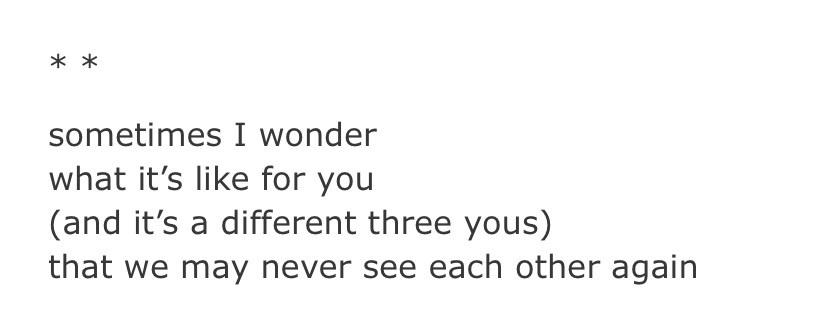I’ve watched Baby Reindeer, and want to say just two things from a perspective that frustratingly little, as I see it, is being talked about.
Further spoilers, beware.
It’s an astonishingly accurate film in terms of describing the effects of sexual abuse. For me, it stands in fair decent with Patrick Melrose. Surprisingly, both films are with male protagonists, whereas more violence is perpetrated on women (it’s the statistics, even about children).
1. Yes, that’s right: that’s exactly what happens, and nothing ends with the end of the actual violence, it continues both in the psyche and — my point now, rarely speaked up — in the body, and you hang on for years in the trigger of arousal through violence, and in self-harm through sex (and promiscuity relationships are often self-harm), and the inability to intimacy, closeness.
It’s like a bad signal — the image is rippling, it’s streaking, you lose connection with your own body and bang! — you don’t want it, but you want it. You’re thrown out of proximity, the signal’s lost.
That’s how it works: the abuser’s attitude about himself is appropriated and becomes a habit, absorbed like oil — I must be like this, I’m vicious and dirty, that’s why he chose me.
That’s why he did this to me.
So this is how the trauma of being abused by a loved one works. Not a stranger. It’s inflicted from the inside out. Even if it seems to hurt the body just a little bit, a hole opens up inside and it feeds on itself.
Abuse is wicked. Grooming is wicked. Manipulation of power is wicked. I would very much like to see the abuser prosecuted.
2. And yes, that’s right: that’s exactly what happens if you’re queer. Violence takes you from the idea of recognising and accepting yourself to the idea of being broken, damaged and having to fix not the trauma but the queerness — which is also internally labelled as trauma.
And oh, how much self-conversion therapy is done on oneself through it. I’ve been there myself for over fifteen years.
It’s a pity that neither the hero (nor, apparently, the author? it’s all autobiographical and created years later) has come out of this point of perception yet. And so it remains — the trauma made me gay, I am like this now, I don’t know who I am.
And even more unfortunate, of course, is that the rapist went unpunished — not in the film, in which it looks very natural and logical so far yet — but in life. Unlike Marta’s prototype.
And it is logical in the film because there’s also an incredible authenticity to the consequences of abusive behaviour. That fucking ‘I watched your monologue, you did good, that’s brave’ from the rapist, and the hero’s inability to confront him, to see things as they are, to call them what they are, to be outraged — but just submission to him again — are very true too. I remember.
a little bit of quotes
Did it all happen because I was giving off
some vibe I wasn’t aware of?
Or did what happen make me this way?
(и я трахался со всеми подряд шел за своим изменившимся желанием ведь какая разница что сейчас, я отчуждаю свое тело, это столько раз случалось уже ну)
It mattered
because this is what he wanted.
This is what he saw in me all along.
Then a feeling so bitter
I could almost catch it in my throat.
That he’d been vindicated somehow.
(она была всем что мне хотелось)
But with every hand-hold
or lingering stare
/ с каждой лаской долгим нежным взглядом держанием за руки
came a crushing sense of anger and shame
that I couldn’t hide in anonymity anymore.
After all the awful things
that had been done to my body,
I just couldn’t lose myself
in intimacy anymore.
Now there were feelings involved,
it all just felt too much.
and of course — addicted to hate myself
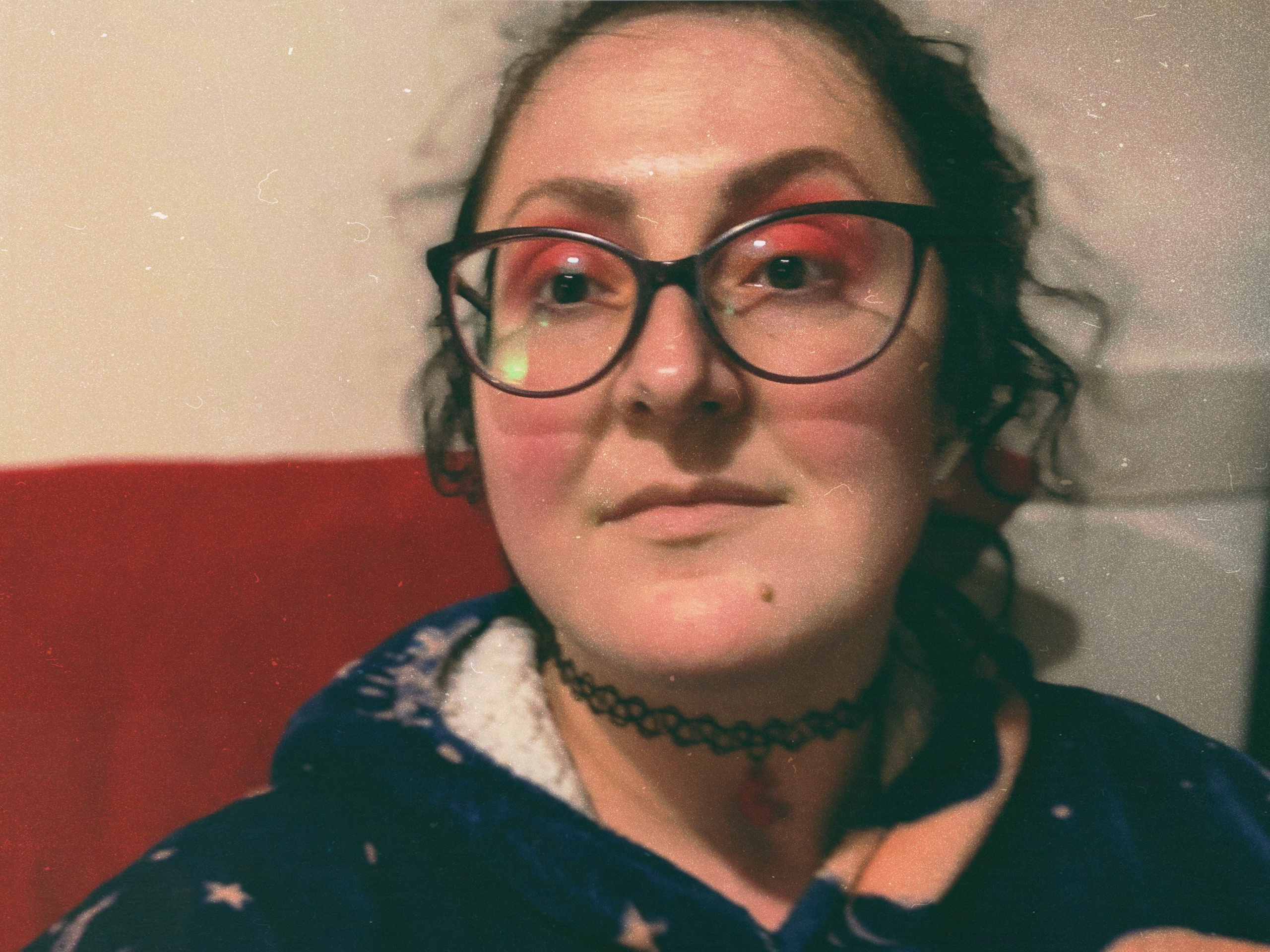
The photo shows the author in the comfort of her armchair at home, where she binge-watched all the series.
Blog. Artist’s Diary
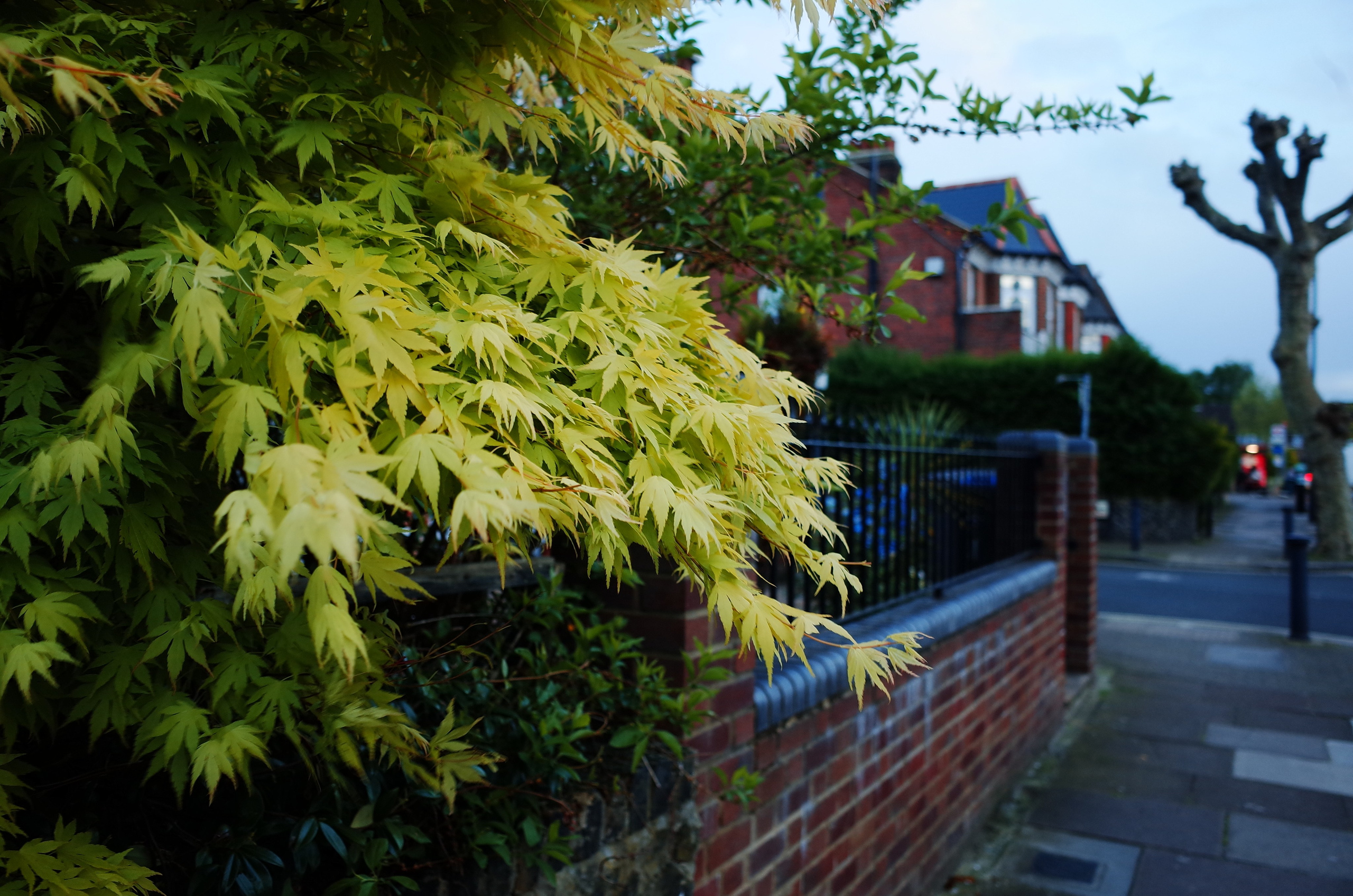
A flaming bush
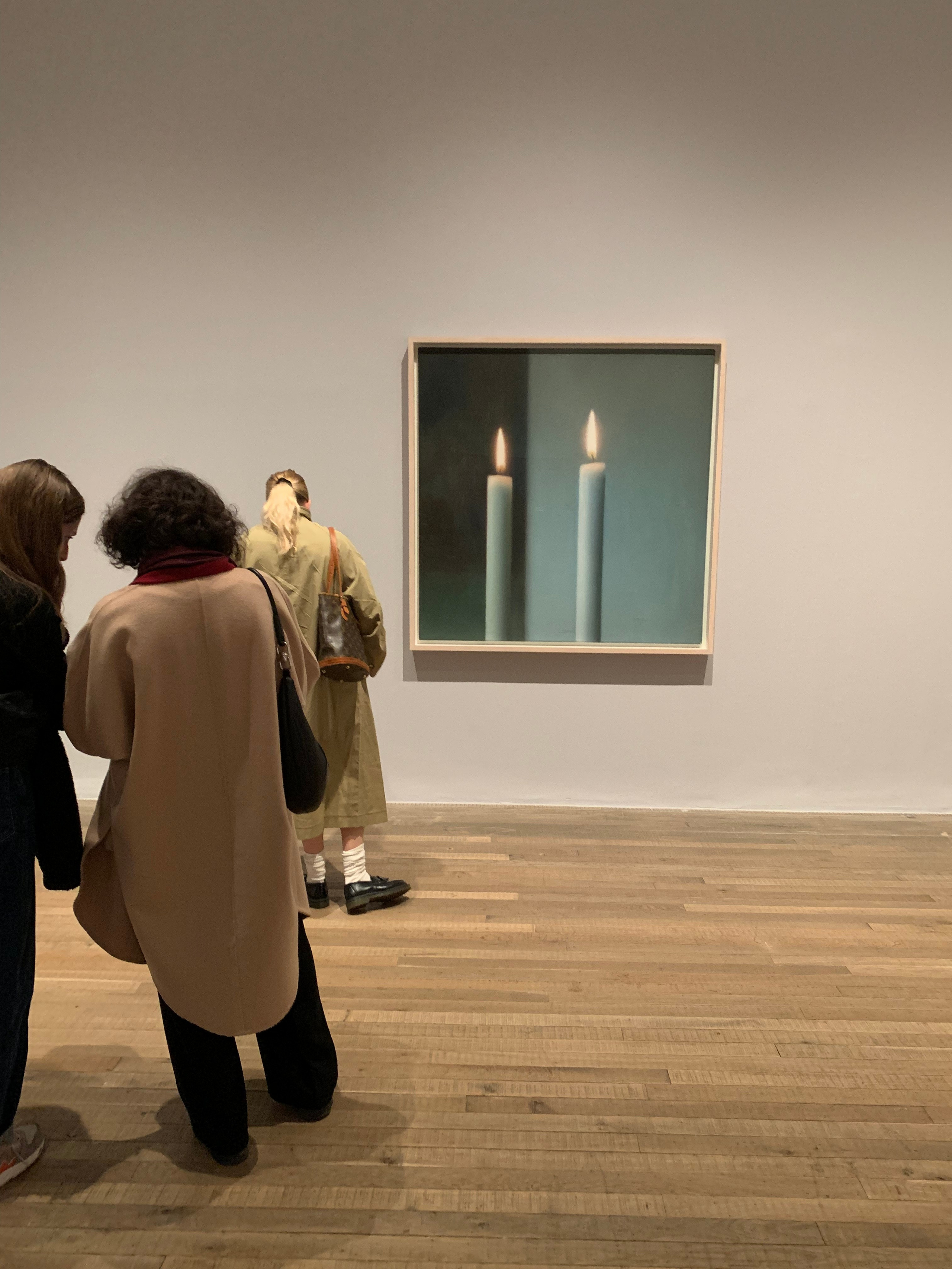
Capturing the moment at Tate Modern
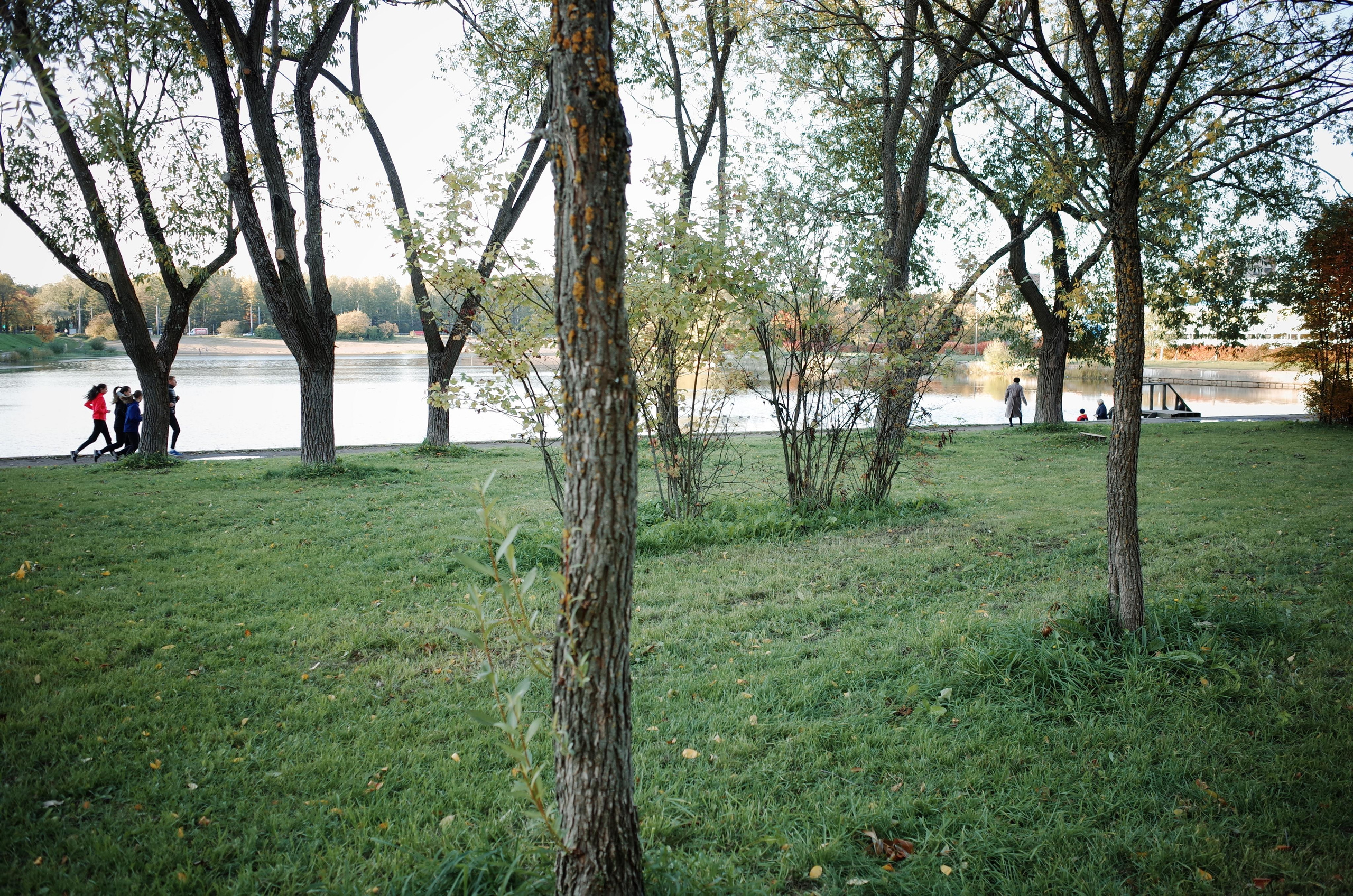
Little magic everythere
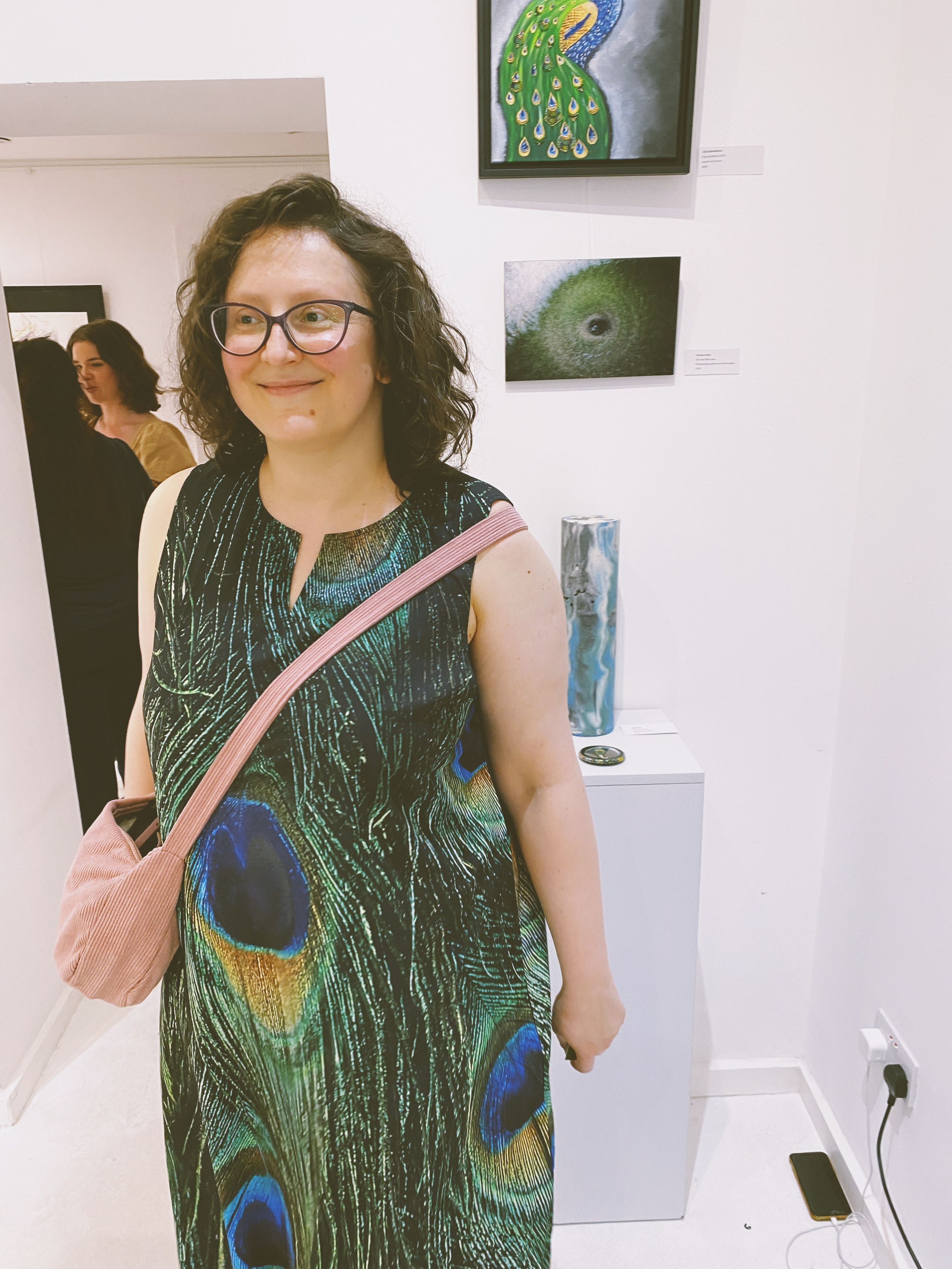
Art Touch Performance
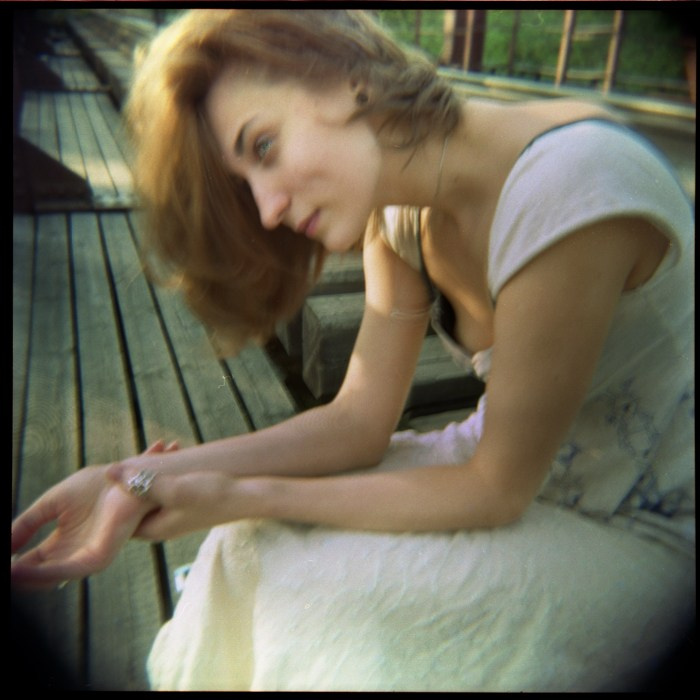
About all the cameras big and small
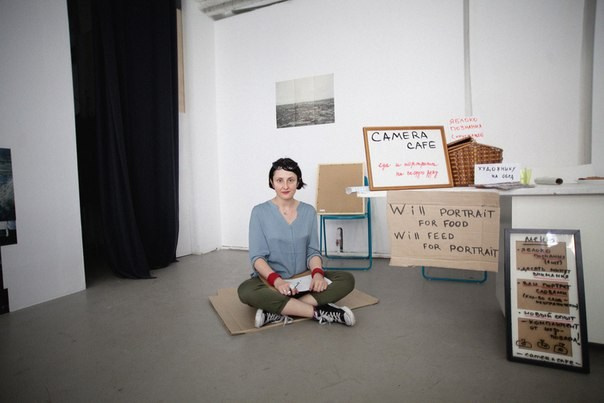
About my old performance
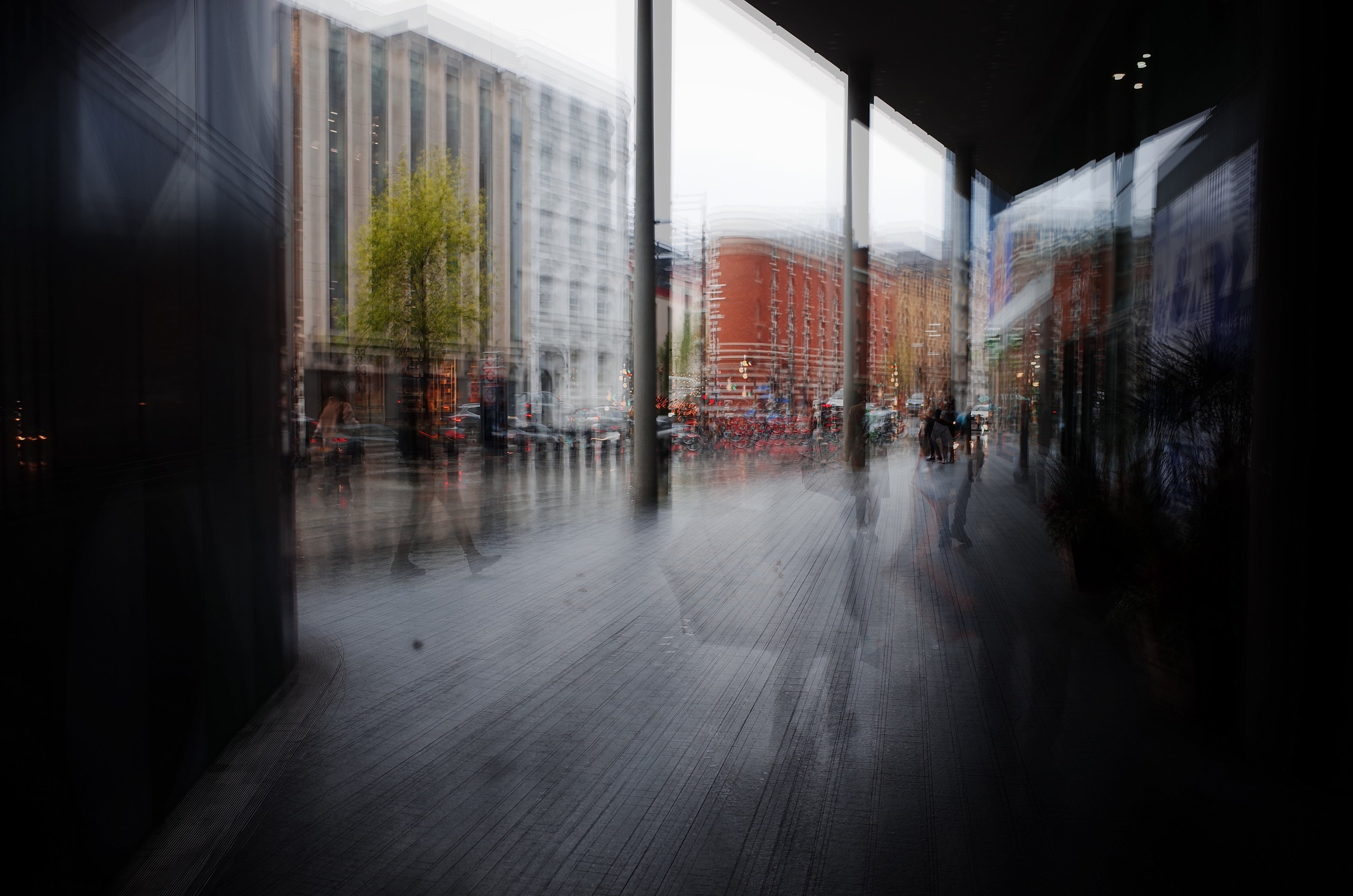
English (not yet summer) rain
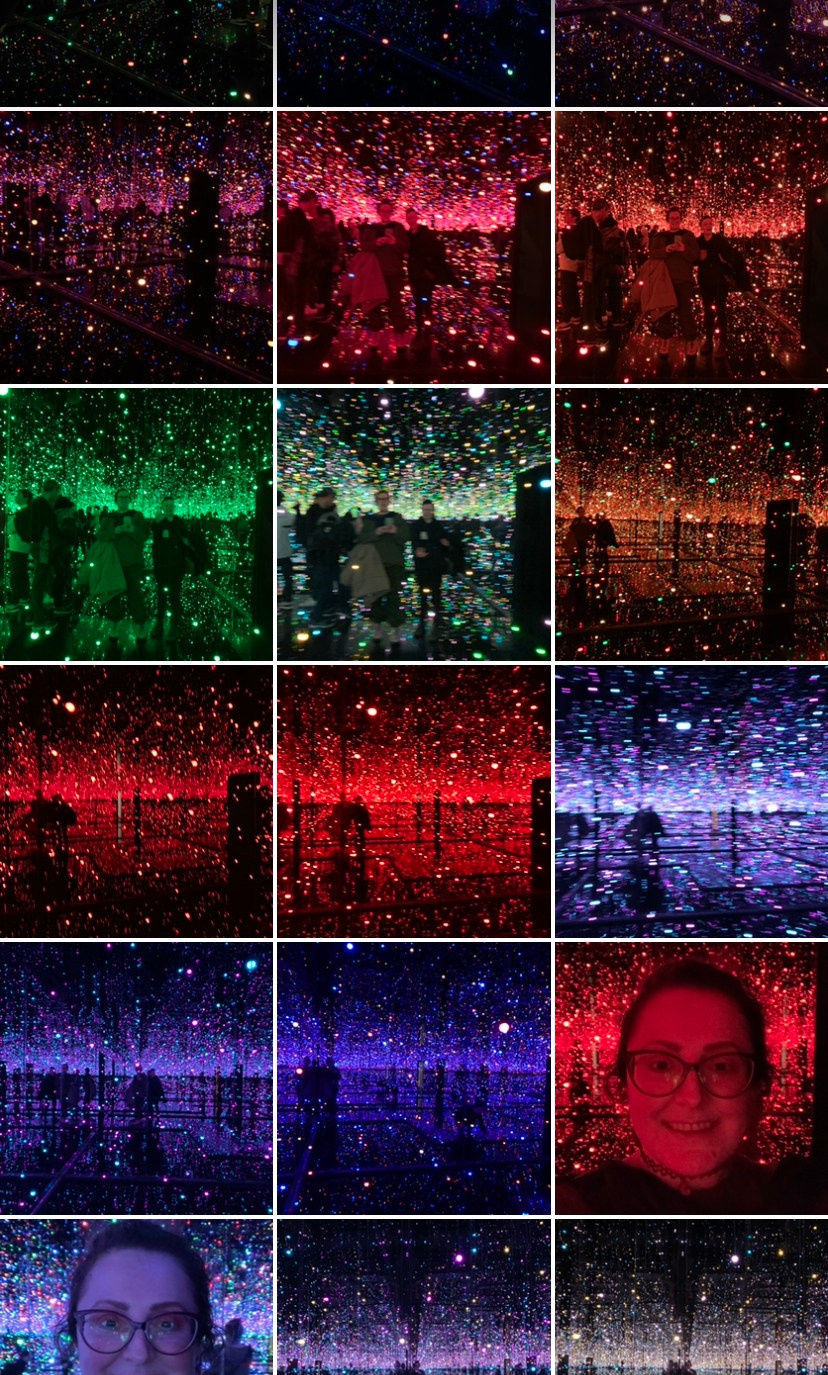
Kusama at Tate Modern
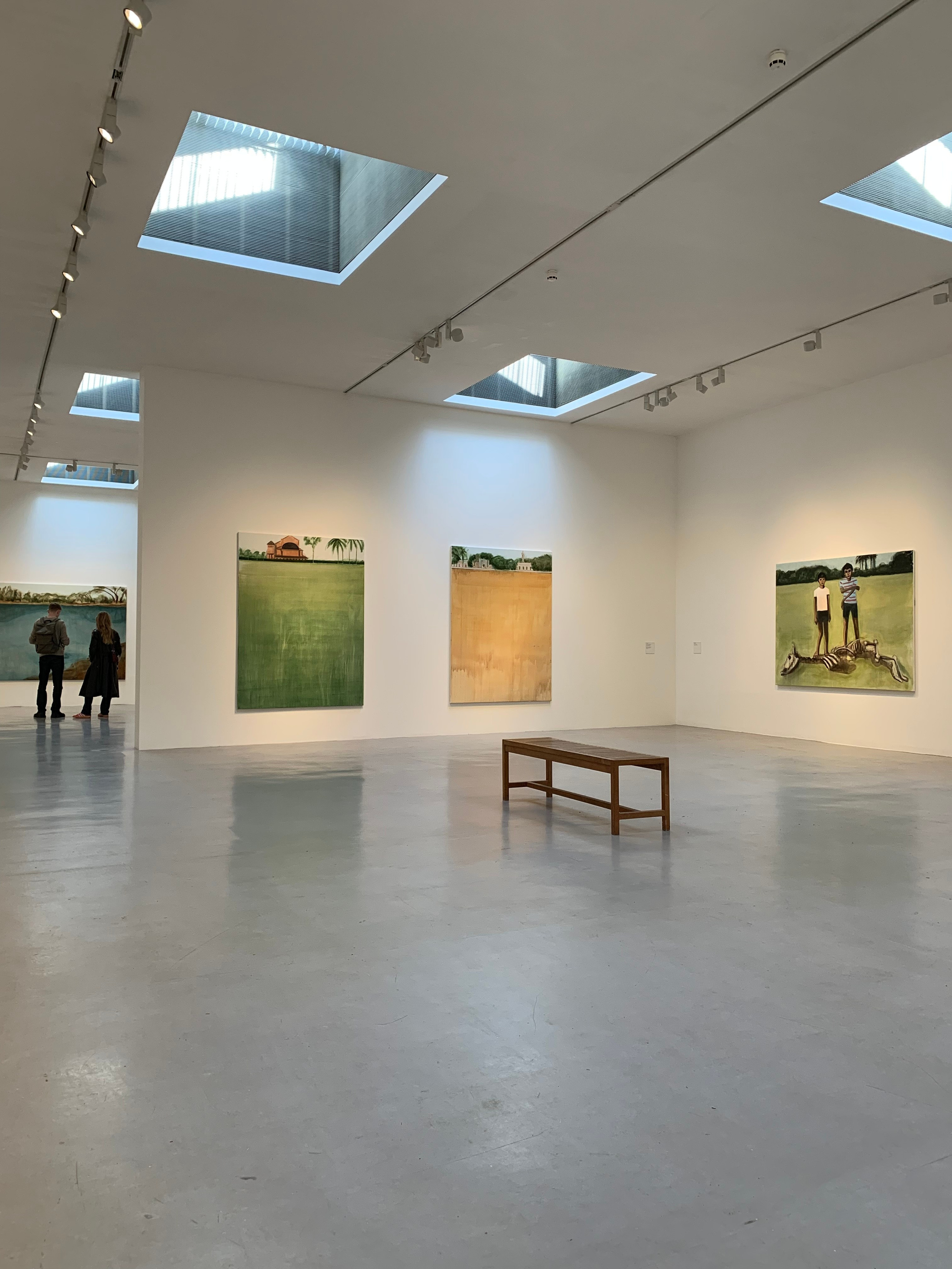
Camden Art Centre
